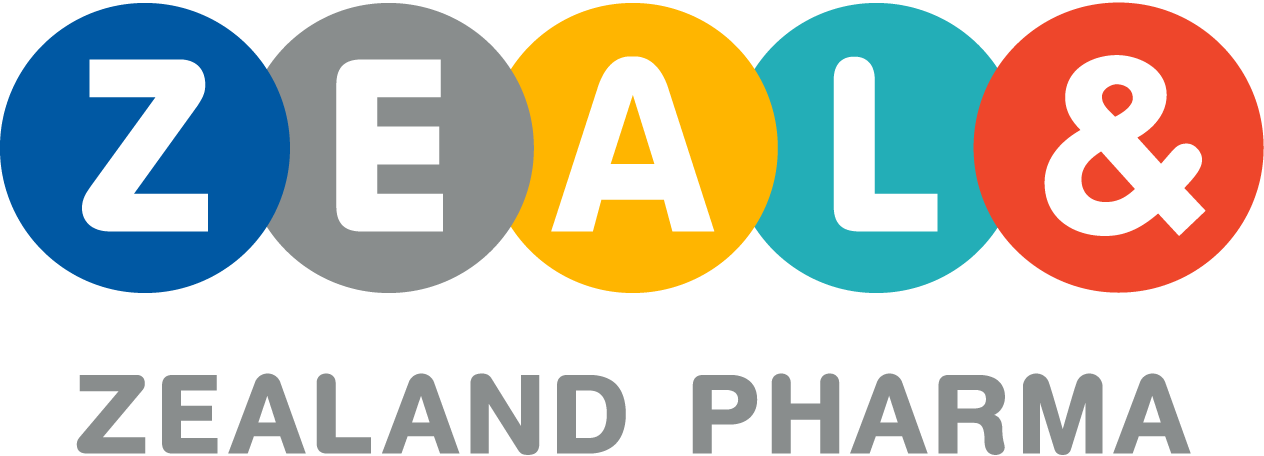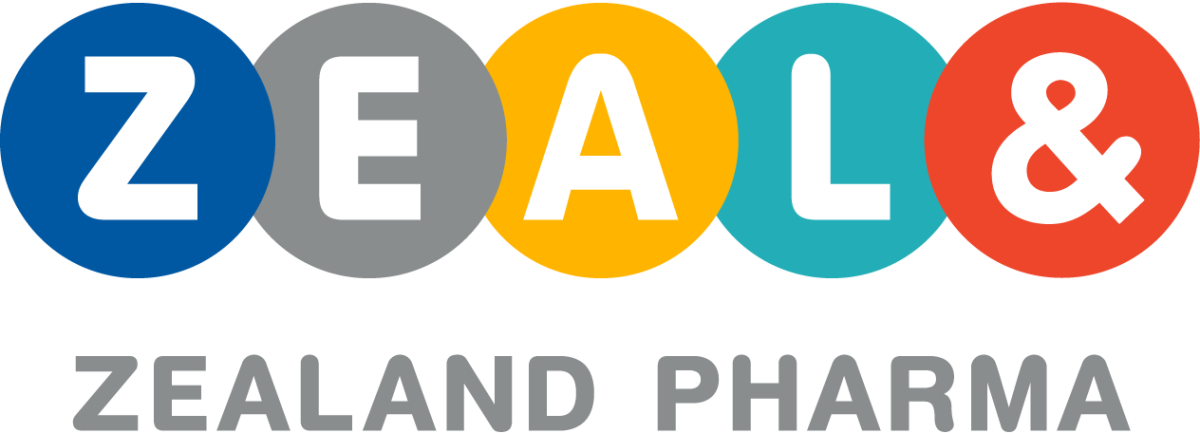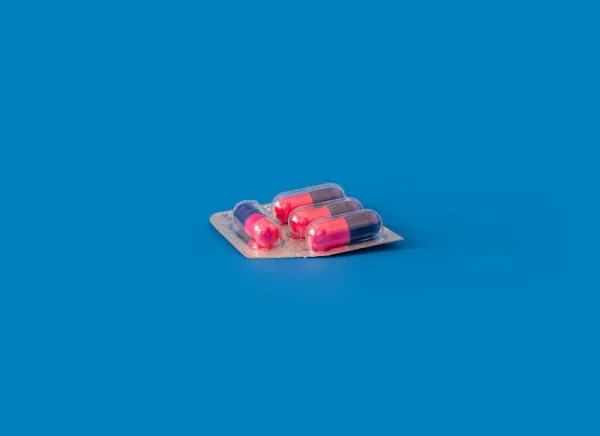Survodutide, a new GLP1 + GCGR agonist

As the GLP1 Receptor Agonist class of drugs make much progress and receive a lot of attention, pharma companies are lining up to produce more and better kinds of GLP1 drugs.
Check out our quick explainer
One such new drug is called Survodutide (Wikipedia), and while it's still in early stages, it's producing some impressive results already.
What's GCGR?
GCGR is another kind of Glucagon receptor, normally found in the kidney and liver. You can read more about the chemical properties of GCGR on Wikipedia:

Who develops Survodutide?
Survodutide is developed by two companies in collaboration:
Zealand Pharma A/S, a Danish pharmaceutical company started in 1998

Similar to other pharmaceutical companies like Novo Nordisk and Eli Lilly who develop GLP1 Receptor Agonists, Zealand Pharma has a history of producing diabetes drugs.
You can read more about Zealand's involvement with Survodutide here:

The second company involved is Boehringer Ingelheim, a privately-held German pharmaceutical company started in 1885 with many associated companies

Boehringer Ingelheim is funding research & development, while Zealand Pharma handles production and takes part in the upside via royalties.
A direct quote from the Zealand Pharma website:
Survodutide was co-invented by Zealand Pharma and Boehringer Ingelheim. Under the terms of the license and collaboration agreement, Boehringer Ingelheim is funding all research, development and commercialization activities related to survodutide. Zealand Pharma is eligible to receive certain milestone payments, plus high-single to low-double digit royalties on potential global sales by Boehringer Ingelheim.
What does the research say?
One trial of 387 participants over 46 weeks that was conducted in 2021 had some promising results:

Findings: Between March 30, 2021, and Nov 11, 2021, we enrolled 387 participants; 386 (100%) participants were treated (0·6 mg, n=77; 2·4 mg, n=78; 3·6 mg, n=77; 4·8 mg, n=77; placebo n=77) and 233 (60·4%) of 386 completed the 46-week treatment period (187 [61%] of 309 receiving survodutide; 46 [60%] of 77 receiving placebo). When analysed according to planned treatment, mean (95% CI) changes in bodyweight from baseline to week 46 were -6·2% (-8·3 to -4·1; 0·6 mg); -12·5% (-14·5 to -10·5; 2·4 mg); -13·2% (-15·3 to -11·2; 3·6 mg); -14·9% (-16·9 to -13·0; 4·8 mg); -2·8% (-4·9 to -0·7; placebo). Adverse events occurred in 281 (91%) of 309 survodutide recipients and 58 (75%) of 77 placebo recipients; these were primarily gastrointestinal in 232 (75%) of 309 survodutide recipients and 32 (42%) of 77 placebo recipients.
It looks like Servodutide caused more adverse effects than others here – 91% of recipients compared to 75% of placebo recipients. Surprisingly only less than 20% differential there, though the severity must be compared more closely.
Another study done by Boehringer Ingelheim was related to the improvement of eating habits in adults that took Survodutide.
You can find the results of that study here.
What is the press saying?
Servodutide has already generated quite a bit of press, despite being so new.



Generally the coverage so far has been breathless, mostly due to the quite amazing results.
While the smaller doses were consistent with Semaglutide and other treatments, the 4.6mg dose was correlated with 19% body weight loss:
According to the study, survodutide led to a weight loss of nearly 19% in participants who received the 4.8 mg dose weekly for 46 weeks.
Quite worth celebrating!
Are there any ongoing studies or trials?
There's a study underway that tests for efficacy in Japanese people, but it's due to complete in 2026, so it'll take a while for results to be clear:

If you want to watch the progress and see the results directly, check out the link above.









